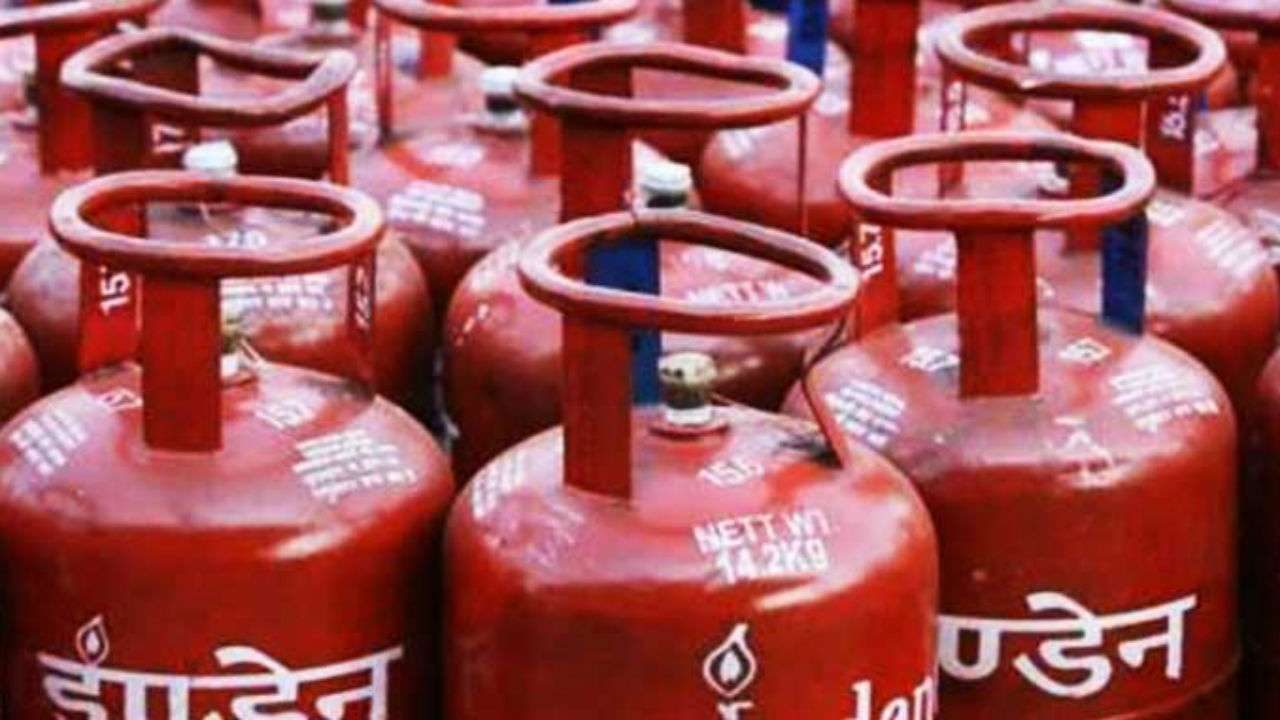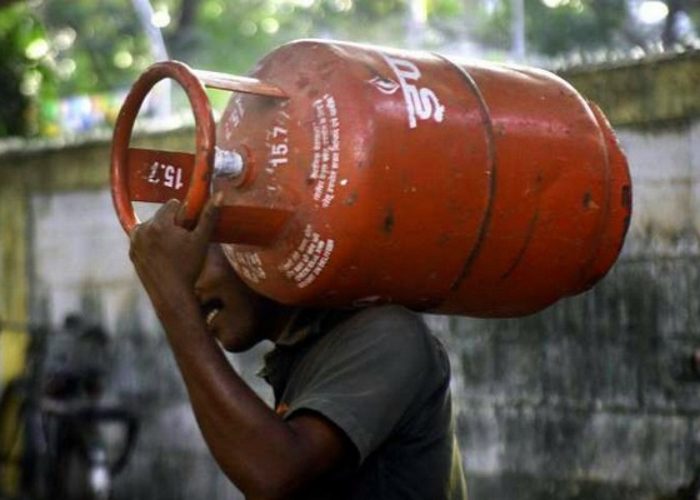Commercial LPG prices hiked by Rs 209 per cylinder, ATF hiked by 5%

Commercial LPG prices hiked by Rs 209 per cylinder, ATF hiked by 5%
Indian Oil Corporation Limited, a state-run oil and gas company, has announced an increase in the prices of commercial Liquified Petroleum Gas (LPG) cylinders. The price hike amounts to Rs 209 per cylinder and will take effect from October 1st. It’s important to note that this price increase applies to commercial LPG cylinders, and there has been no change in the price of domestic LPG.
Starting from October 1st, the retail price of a 19 Kg commercial LPG cylinder in Delhi will be Rs 1,731.50 per cylinder. Commercial LPG cylinders are typically used for industrial and commercial purposes, while domestic LPG cylinders are meant for household use. The price adjustment reflects changes in the cost of production and other market factors affecting commercial LPG.

Liquefied Petroleum Gas (LPG) is a versatile energy source widely utilized for a range of purposes. One of its primary uses is as a motor fuel, particularly in areas where it is considered an environmentally friendly and cost-effective alternative to traditional gasoline or diesel. LPG-powered vehicles are known for their clean-burning properties and reduced emissions, making them a popular choice in some regions.
In addition to being a motor fuel, LPG is commonly used as cooking gas in households around the world. Its clean and efficient combustion makes it a preferred choice for stovetops and ovens, providing a reliable and convenient source of heat for cooking.
Furthermore, LPG finds application in heating systems, both in residential and commercial settings. It serves as a dependable source of warmth during colder months, powering furnaces, space heaters, and other heating appliances.

LPG’s utility extends to refrigeration as well. In certain cooling systems, LPG can act as a refrigerant, helping to maintain low temperatures. This application is particularly relevant in some specialized refrigeration processes.
Moreover, LPG is employed in high-end industrial processes where a clean and efficient source of energy is essential. Industries such as metalworking, food processing, and manufacturing utilize LPG for its ability to provide precise and controlled heat in various production processes.
Switching gears to the aviation sector, the price of Jet fuel, also known as Aviation Turbine Fuel (ATF), has witnessed a 5 percent increase. This marks the fourth consecutive monthly price hike since July and is in line with the firming up of international benchmarks for aviation fuel.
 Jet fuel is a critical component in the aviation industry, serving as the primary fuel source for aircraft engines. The price fluctuations in ATF can significantly impact airline operations, operating costs, and potentially lead to adjustments in ticket prices for passengers. It’s closely monitored by airlines and stakeholders in the aviation sector to assess its impact on the industry’s profitability and overall performance.
Jet fuel is a critical component in the aviation industry, serving as the primary fuel source for aircraft engines. The price fluctuations in ATF can significantly impact airline operations, operating costs, and potentially lead to adjustments in ticket prices for passengers. It’s closely monitored by airlines and stakeholders in the aviation sector to assess its impact on the industry’s profitability and overall performance.
In a significant move earlier this year in August, the Union Cabinet made an announcement regarding a reduction in the prices of Liquefied Petroleum Gas (LPG), benefiting all 330 million users across the country. Union Information and Broadcasting Minister Anurag Thakur conveyed this decision during a Cabinet briefing held on August 29, 2023.
Under this policy change, all domestic consumers of LPG cylinders were set to receive a subsidy of Rs 200 per cylinder. This subsidy was intended to directly alleviate the financial burden on households utilizing LPG for their cooking needs. Importantly, this reduction in LPG prices was not limited to a specific income group but was extended to all domestic LPG consumers, ensuring that a broad section of the population would benefit from the subsidy.
Furthermore, users enrolled in the Pradhan Mantri Ujjwala Yojana (PM Ujwala scheme), a government initiative aimed at providing free LPG connections to women from below-poverty-line households, were entitled to receive this additional subsidy on top of the existing subsidy they already received. This targeted approach was designed to further support vulnerable and economically disadvantaged segments of the population, particularly women, in accessing clean and affordable cooking fuel.
Overall, this announcement reflected the government’s commitment to ensuring access to affordable and clean energy sources for households across India, with a specific focus on providing relief to economically disadvantaged families and supporting cleaner and more sustainable cooking practices.
The additional subsidy on LPG cylinders, amounting to Rs 200 per cylinder, was introduced immediately, coinciding with Raksha Bandhan and Onam celebrations. This move by the government was seen as a special festive gift to the citizens of India, offering financial relief and support during the festive season. Importantly, this additional subsidy meant that Ujjwala beneficiaries, who were already receiving a subsidy on LPG cylinders, saw their total subsidy increase to Rs 400 per cylinder. This further reduced the financial burden on vulnerable and economically disadvantaged households, making clean cooking fuel more accessible and affordable.
In addition to this subsidy enhancement, the government also approved the distribution of 7.5 million additional Ujjwala connections. This expansion aimed to increase the reach and impact of the Pradhan Mantri Ujjwala Yojana, taking the total number of beneficiaries to 103.5 million. This move was in line with the government’s commitment to extending the benefits of the Ujjwala scheme to even more households, particularly those in rural and underprivileged areas, to promote clean cooking practices and improve overall living conditions.
Moreover, Indian Oil Corporation Limited (IOCL) made headlines recently, on September 29, by approving two joint ventures with private sector players for the establishment of compressed biogas (CBG) plants. This initiative aligns with India’s focus on renewable and sustainable energy sources. CBG, derived from organic waste, is an eco-friendly alternative to traditional fossil fuels and holds great potential in reducing greenhouse gas emissions. IOCL’s collaboration with private sector partners underscores the commitment to promoting clean and renewable energy solutions in the country, contributing to India’s efforts in achieving its sustainability and environmental goals.




